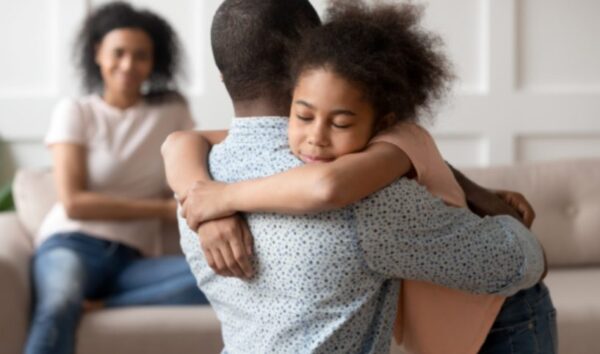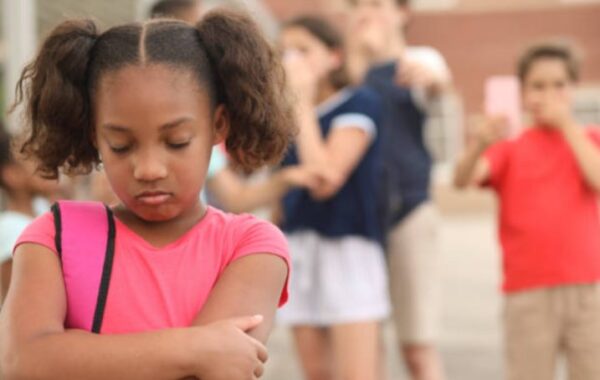More in Lifestyle
-


Lifestyle
Are 5G networks putting our health at risk?
By bukkyLet’s be honest—whenever there’s a new technology, it’s completely natural to ask, “But is this safe?”...
-


Lifestyle
7 things they don’t teach you about job hunting in South Africa
By bukkyNo one really prepares you for what it’s like to job hunt in South Africa. You...
-


Lifestyle
Say goodbye to boring packed lunches with these tasty tips
By bukkyBecause you deserve more than a cold sandwich and regret at noon. Let’s be honest: packed...
-


Lifestyle
10 most mispronounced baby names & why parents still love them
By bukkyChoosing a baby name is personal. For some parents, it’s about meaning. For others, it’s about...
-


Lifestyle
How to stretch your small salary to last throughout the month
By bukkyIt’s the beginning of the month, and as expected, your account is bubbling because you’ve barely...
Advertisement
- Bontle Modiselle responds to critics over being the breadwinner in her marriage
- DJ Warras murder case postponed to April
- LaConco gifts herself a tummy tuck on Valentine’s Day
- Mawhoo debuts short hair and teases new music (Photos)
- City Makoti reveals she is the breadwinner in her marriage
- Nandipha Magudumana’s brother Nkosinathi Sekeleni arrested and charged with attempted murder
- Ghost Hlubi involved in car crash (Video)
- Nigerian community demands justice after man is shot dead during ‘Sizokthola’ operation in Windsor East
- Emtee apologises to Cassper Nyovest and thanks him for paving the way
- Julius Malema and wife Mantwa Matlala spark split rumours as she reportedly moves out






